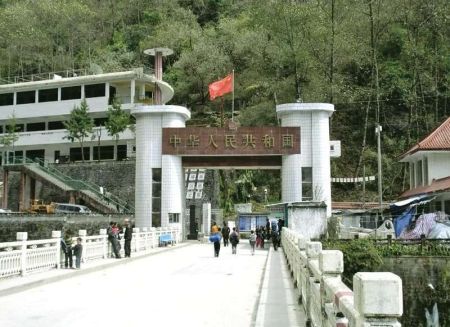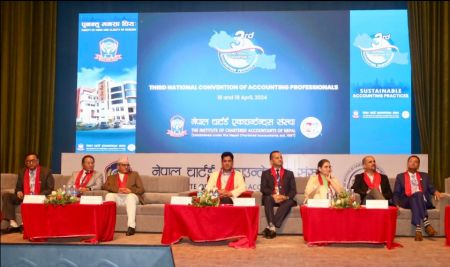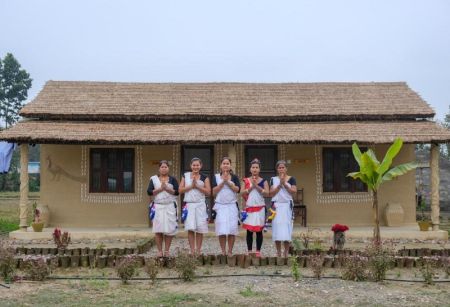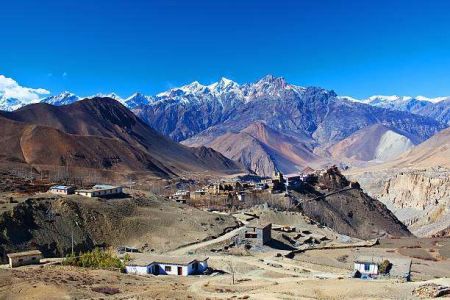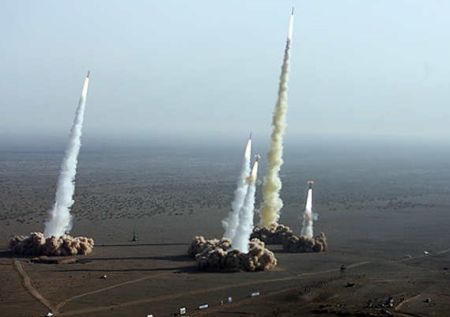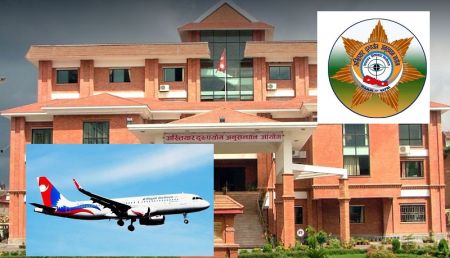.jpg)
In the last week of December, the Maoist government led by Dr Baburam Bhattarai extended the survey license tenure for six more months to GMR, the Indian infrastructure major that is developing the Upper Karnali Hydel Project. The government has also sanctioned the proposal of the company to increase the installed capacity of this run-off-the-river project from 300 MW to 900 MW and granted permission to open a project liaison office in New Delhi. With all these developments at hand, things look good at the face of it. But not quite!
From the very beginning, since early 2010, it was the Maoist party that was creating obstacles to the project. In May 2010, the GMR offices at the project site were vandalized and the same was repeated in December 2012. It is quite a paradox that it was Dr Bhattarai's cadres who campaigned systematically at the local, national and international levels against GMR developing the project. Dr Bhattarai now may shirk aside pointing finger to break-away Mohan Baidya faction of the party, but both Bhattarai and his party Chairman Puspa Kamal Dahal did not actually act in time to facilitate the project operation. That led to some cadres of their party living abroad to create an NGO network called Karnali Sarokar Samaj and collect money both as donation to organize protests against GMR and in the form of 'shares' to a then proposed company that has now taken shape as Karnali Jalavidhyut (hydropower) Limited.
Apparently, now, the only party that is all-out against the GMR is CPN-Maoist (Baidya faction) and some of the technocrats of panchayat era are helping it to develop what they call a presentable case against the project contract. Their main bastion of argument has been, it was an 'anti-national' move to award contract to an Indian company. The new Company formally made public a couple of weeks ago is manned by Baidya cadres and it has vowed to replace GMR and develop the entire project by itself.
The company is claimed to have registered by the government two months ago. This is where the intentions of Dr Bhattarai appear questionable. How can a government register a new company to develop the same project that has been formally contracted out to a foreign company years ago? Baidya's Party has fed in massive misinformation from local to international levels. It officially opposed the recent government decision by issuing a statement at the central level and has prepared a 'defense force' at the project site to stop GMR in its work. And, surprisingly, the government has done nothing to facilitate GMR in smooth operation of the project that has to start its civil works within a few months time, if the project were to be actually constructed.
All this has added complications to the project to take off. The financial and technical abilities of the new company might be questionable from any possible angle, but it is unquestionably a big enough force to act as an irritant in the process. How will the people who are very active in generating money from non-resident-Nepalis in foreign land in whatever pretext will not only be stopped but their face also saved if the government wants GMR to develop this project?
The government doesn't seem to have understood the extent of fall-out effects if the GMR is compelled to withdraw from the project. It will create an image of the country as unfriendly to foreign direct investment and will thus have long-term ramifications. The dream of developing large hydropower projects with FDI will never be realized if this company is sent back. It is because, the deals offered by the company to provide 12 percent of generated energy free of cost to Nepal and 27 percent equity participation to Nepal Electricity Authority are highly generous.
The issue of 'compromised national interest' in this particular case is an absolutely fabricated dogma. Nepali nationals will be far better protected if we have enough power generation to support industrialization, transportation and household use. And, a private company GMR must not be penalized for any act of the Indian establishment that are often seen by different political forces as detrimental to Nepali national interests.






